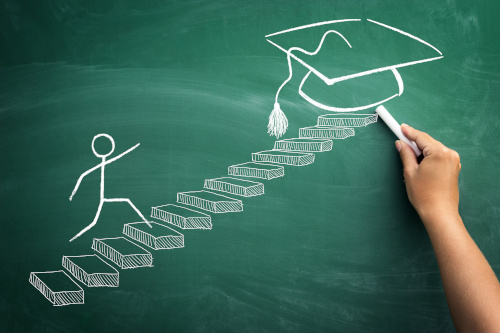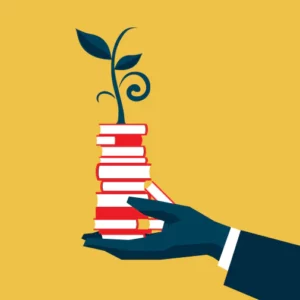College and career readiness is an issue of growing importance in my mind. In fact, I am obsessed with it. I am a career educator, coach, community member, and most importantly the mom of two Generation Z youngsters. In my opinion, Gen Z gets a bad rap, for it is their sensitivity (which is frequently criticized) that fuels their compassion, passion, and advocacy.
In following trends in the workplace and social outcomes in younger workers, Generation Z is indicating to us that we need to provide more direct support in helping teens make the successful transition into adulthood. It is hard for us all, but the college and career landscape has changed and we need to respond accordingly. College and career readiness programming can ease the learning curve for us all.
Many young adults struggle because they don’t have a clear path and plan to follow once the structure of K-12 school is no longer in place. Some of them have big aspirations but lack the technical skills to pursue them fully. One reason is that for 13 years, from kindergarten through twelfth grade, most students have had adults telling them what to do and scripting their major life moves. Then, all of a sudden, they have to script their moves, motivate themselves, manage their time, and support themselves academically, socially, and eventually financially! That is a tall ask without opportunities to practice those skills with guidance and support. School and community-based college and career readiness programs can support this.
In Ohio, they have outlined a post-secondary framework, outlined by 4 Es. I think it is a nice, neat way to think about a variety of pathways for students to pursue after high school. The four Es are: enroll in college or certification classes, enlist in public service, pursue gainful employment, and explore entrepreneurship. Below are a few ideas for ongoing and one-off programs that you can offer in each, and across categories to provide balanced offerings that meet the needs of all students.
| Enroll
College readiness planning for students wanting to attend to 4 year universities Community Colleges Training Programs |
|
| Enlist
Career exposure and readiness for students wanting to do military service, foreign service, or public service |
|
| Employment
For students who want to go directly into the workforce. For all students who will eventually enter the workforce! |
|
| Entrepreneurship
For students who want to start their own businesses |
|
One of my favorite parts of our work is to conduct focus groups with students to get their first hand feedback on their experiences with school. One of the most common statements from high school students is they want to spend less time on things that are abstract (i.e. “The stuff we are never going to use in real life”) and crave more time on subjects that feel practical and useful (i.e. Financial Literacy “Stuff we will actually use and need to know.”) They also expressed great angst about not knowing things that “adults” should know and that they didn’t. They said, “How am I going to do my taxes?”, “I don’t know how to write a check!”, “How do you set up a bank account?” Contrary to the Gen Z narrative of apathy, they cared a great deal and were seeking guidance on how to prepare for adulting.
College and career readiness programming should directly address the technical skills needed for college and career. It should also include some good old life lessons and practice with “adulting” so we can better equip our young people as they transition into adulthood and independence.
By SJT
Check out CT3 Education programs such as No-Nonsense Nurturer, Real Time Teacher Coaching, and Real Time Leadership Coaching to find out more about Professional Development for Teachers and Leaders, classroom management strategies, and building relationships with students and their families.
Category: Students, Teaching, Tips for Teachers




